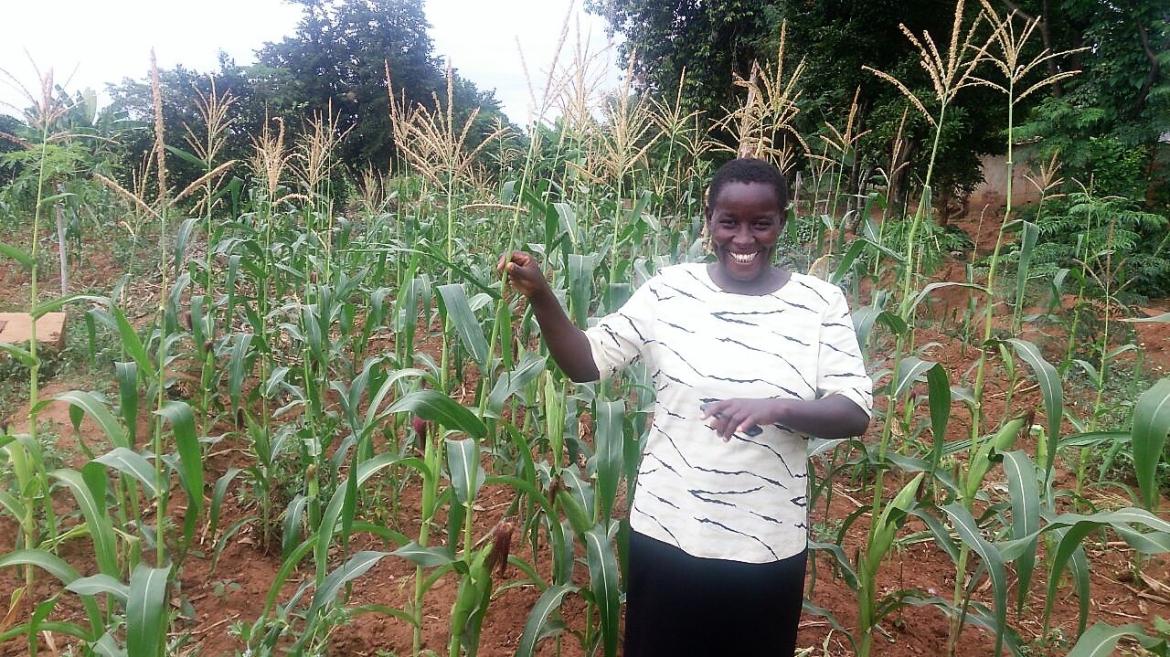Index Insurance: Helping Women Farmers around the World

Since the World Bank Group first forayed into index insurance in 2000, the financial instrument has been widely accepted as an innovation that helps small players gain access to finance and sustain their livelihoods. In the context of climate change, index insurance has helped vulnerable populations build resilience and protect themselves against catastrophes and climate risks.
Index insurance pays out benefits on the basis of a pre-determined index for loss of assets and investments resulting from weather and catastrophic events. Without requiring the traditional services of insurance claims assessors, index insurance allows for settlements to be quicker and more objective. Since 2009, the Global Index Insurance Facility (GIIF) has been supporting the development and growth of local markets for many types of index insurance, ranging from livestock index in Kenya, to weather index in Bangladesh, to earthquake index in Indonesia.
New data has shed a new light on the impact of index insurance – the impact on women.
As GIIF specialists collect information and assess results from active projects, stories emerging from the fields share one common thread: index insurance has made significant changes in the lives of female farmers.
Index insurance helps women protect their household and eradicates poverty risks
In Kenya, Jacinta Mutuse, a 35-year-old farmer received an automatic US$9 payout after having purchased and planted two bags of maize seeds with a replanting guarantee that covers the risk of poor rainfall during the germination phase. This mother of one used the money to meet family needs and secure a food supply ahead of the worsening drought.
Financial education helps women farmers make financial decisions
To stimulate the demand for index insurance, GIIF’s partner in Sri Lanka has been doing awareness-raising activities for more than 50,000 farmers on the benefits of the index-based and agricultural insurance products since 2012. Thanks to these programs, thousands of tea and paddy farmer women understand that insurance allows them to replace inventory and reopen businesses in the face of weather irregularities.
Index insurance empowers women
In Mali, one of GIIF’s partners works hand-in-hand with a cooperative society that purchased insurance for their sesame crop. Not only does index insurance help women stabilize their income and break the cycle of poverty when they experience unseasonal rain, it also enables the cooperative to further provide assistance on the social safety net and economic development of Malian women and children.
While these stories strengthen GIIF’s commitment to bringing index insurance to women in all corners of the world, GIIF is looking to further adopting women’s agenda in its work programs. Inspired by other programs that have used gender performance indicators, GIIF is looking at index insurance data through the lens of gender. Data such as the percentage of new insured women, female insured retention rate, and the number of women staff insurers will be beneficial inputs for the GIIF program to systematically design and deliver index insurance products that will better serve women and their families.
The blog is a re-post of an original story featured on the World Bank's website.
